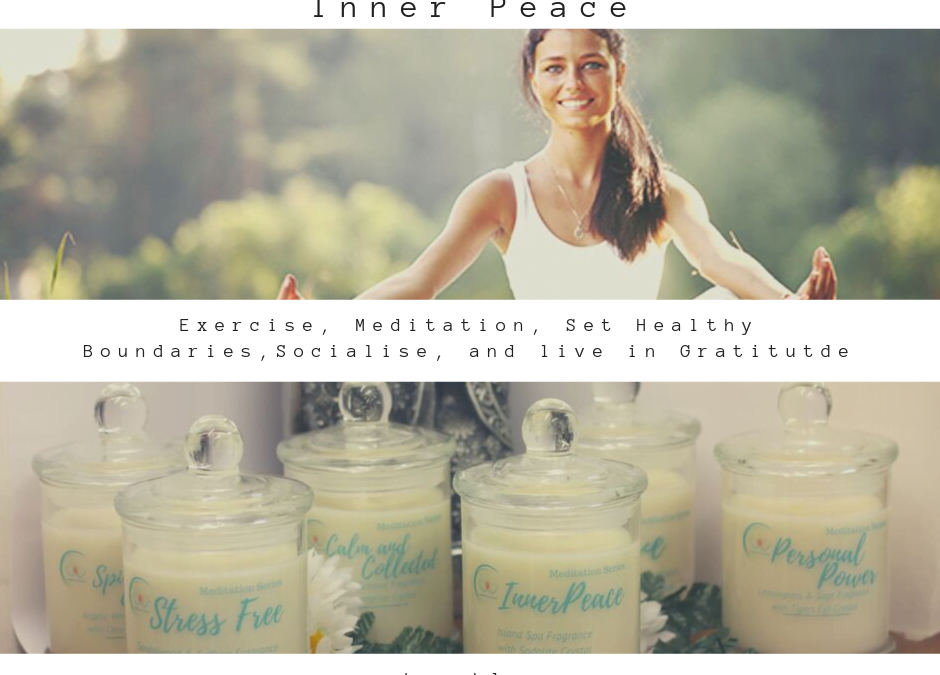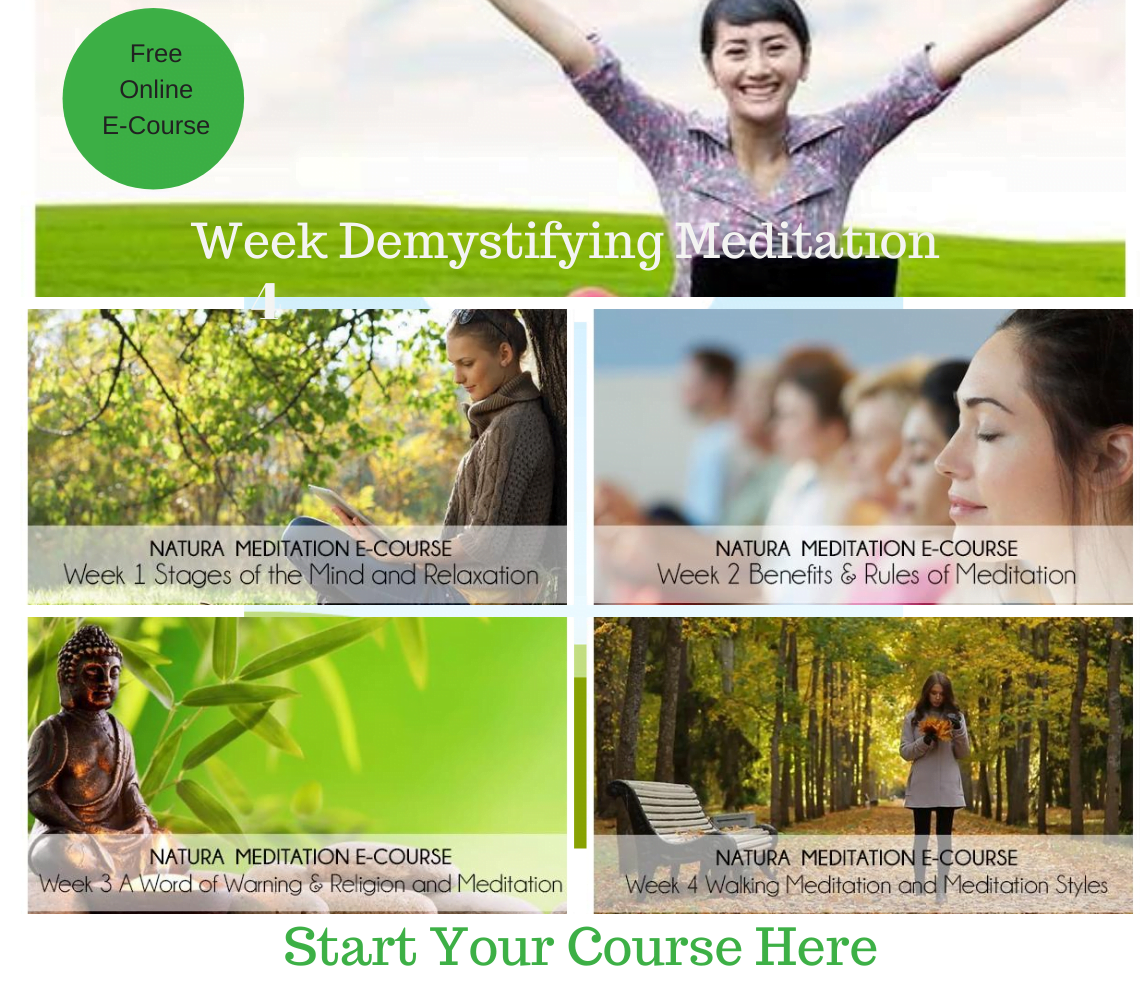5 Ways to Boost Your Inner Peace
Humans have been searching for inner peace for thousands of years and we have not stalled in our quest to conquer the mental state of true serenity. Buddhism, for example, began 2,500 years ago in India and is followed by 470 million people worldwide. Essentially, inner peace is the absence of stress and anxiety.
It is being fully present in the now, not the past or the future. While inner peace may be hard to come by in this day and age of constant stimulation and continuous spikes of cortisol and adrenaline (our fight or flight physiological reactions), there are ways to obtain a state of serenity. Below are five solid ways to boost your inner peace:
- Exercise
Inner peace is the absence of stress and anxiety. According to the Mayo Clinic, exercise in almost any form can act as a stress reliever. Being active can boost your feel-good endorphins and distract you from daily worries by:
- increasing
your endorphins
- acting as meditation in motion
- improving your mood
Exercise is one of the best ways to change your mental state to one of positivity. You don’t have to run a marathon to reap the benefits of physical activity either! Any type of movement will provide you with a greater sense of peace.
This can include practicing yoga and the breathing techniques that accompany the poses, going for a walk-in nature and appreciating the smell of the flowers and the hum of insects and birds, or the waves crashing on the sand at the beach. However, you may enjoy a more vigorous workout as well, such as a spin class or running sprints.
- Meditate and Light Your Candle
Meditation produces a state of deep internal relaxation, regardless of what is going on externally. A simple technique practiced for as few as 10 minutes per day can help you control stress, decrease anxiety, improve cardiovascular health, and achieve a greater capacity for relaxation. Light Your Inner Peace Candle and reap the benefits.
- Set Healthy Boundaries
Boundaries help us take care of ourselves physically, emotionally and spiritually. Healthy boundaries help us maintain a positive sense of self, trusting who we are and not allowing others to define us.
Psychology Today explains that the reason we have loosely defined, or unhealthy boundaries is because we want to be accommodating, helpful, are unable to say no out of guilt, and want to be liked. When we take the steps to identify our own desires and put our values first, we are that much closer to inner peace.
- Socialize and Connect With Others
A Harvard study done by Dr. Robert Waldinger suggests that “meaningful relationships are a prescription for better emotional, mental and physical health.”
There has been over eight decades of research that show
- social
connections appear to be good for health
- loneliness appears to be toxic
- relationship quality matters
- good relationships appear to protect our brains
There are a number of ways to strengthen connection to others, such as making new friends (by volunteering or joining a club, for example) and working to improve existing relationships with family and friends.
- Journal
Daily writing can help with organizing and processing your thoughts, clearing your mind and facilitating problem solving. Journaling can act as an emotional release/escape and help you obtain clarity and rid you of negative thoughts.
In fact, writing down your thoughts and throwing away the paper can clear the mind and a clear mind, is a mind at peace.
Establishing inner peace can also have a positive ripple effect, spreading peace to others. When we are acting from a place of serenity, we are kind, generous, patient, and compassionate. We are less quick to judge and take offense.
We find joy in connecting with others and in turn, others act in a similar way. When we find inner peace, we help contribute to a better world!






Thanks regarding supplying like fantastic info.
say thanks to a lot for your website it aids a whole lot.
Just simply wished to mention I’m glad that i came in your website.
Pretty element of content. I simply stumbled upon your web site and in accession capital to assert that I get actually enjoyed account your weblog posts.
Anyway I’ll be subscribing for your feeds and even I achievement you
access constantly fast.007카지노
Good write-up. I absolutely love this site. Keep writing!
Hello to all, the contents existing at this web site are truly remarkable for people
knowledge, well, keep up the nice work fellows.